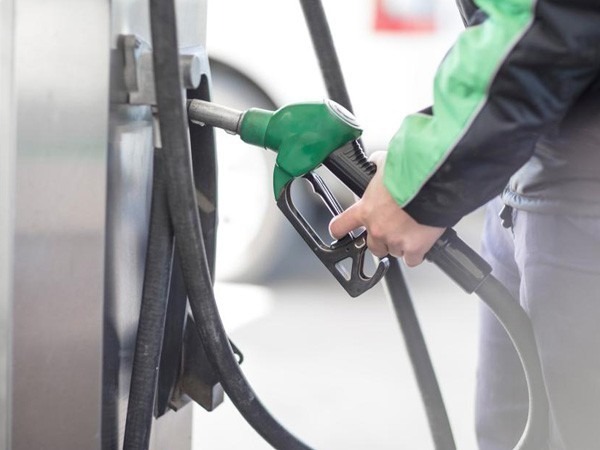The Pakistan government on Saturday hiked the petroleum development levy (PDL) on petrol by 5 Pakistani Rupees (PKR) from 50-55 PKR per litre, Pakistan-based Geo News reported on Saturday.
The latest hike comes a day after the 3 billion USD staff-level agreement signed with the International Monetary Fund.
The PDL on petrol has been imposed from the start of the new fiscal year, ie Saturday.
Moreover, the ministry said there would be no increase in the development levy on high-speed diesel (HSD), which is Rs50 per litre.
Earlier, on Friday, Finance Minister Ishaq Dar announced that diesel prices had been increased by Rs7.50 for the next fortnight; however, he said petrol prices would remain the same.
“There has been no increase in the price of petrol,” said Dar in a late-night press conference.
Pakistan’s Ministry of Finance has warned of challenges originating from uncertain external and domestic economic environments, including higher inflation and external debt repayments, due to lesser foreign exchange inflows, according to Geo News.
The ministry, in its monthly outlook bulletin, projected that the inflation for the month of May will remain in the range of 34-36 per cent.
“Pakistan’s economy experienced 0.29 per cent provisional GDP growth in the fiscal year 2022-23 on account of many challenges emanating from the uncertain external and domestic economic environment,” the ministry said.
Pakistan and the IMF on Friday reached a long-awaited staff-level agreement (SLA) on a 3 billion USD “stand-by arrangement” (SBA), the global lender announced.
“I am pleased to announce that the IMF team has reached a staff-level agreement with the Pakistani authorities on a nine-month Stand-by Arrangement (SBA) in the amount of SDR2,250 million (about $3 billion or 111 per cent of Pakistan’s IMF quota),” Nathan Porter, the IMF’s Mission Chief to Pakistan, said in a statement.
He added, “The new SBA builds on the authorities’ efforts under Pakistan’s 2019 EFF-supported programme which expires end-June. This agreement is subject to approval by the IMF’s Executive Board, which is expected to consider this request by mid-July”.
The deal comes after an eight-month delay and offers some respite to Pakistan, which is battling an acute balance of payments crisis and falling foreign exchange reserves.
According to Geo News, the federal government has taken a slew of policy measures since an IMF team arrived in Pakistan earlier this year, including a revised 2023-24 budget last week to meet the lender’s demands.
Other adjustments demanded by the IMF before clinching the deal included reversing subsidies in power and export sectors, hikes in energy and fuel prices, jacking up the key policy rate to 22 per cent, a market-based currency exchange rate and arranging for external financing.
It also got Pakistan to raise over 385 billion rupees (USD 1.34 billion) in new taxation through a supplementary budget for the 2022-23 fiscal year and the revised budget for 2023-24.
The painful adjustments have already fueled all-time high inflation of 38% year-on-year in May, as per Geo News. (ANI)
Read More: http://13.232.95.176/
